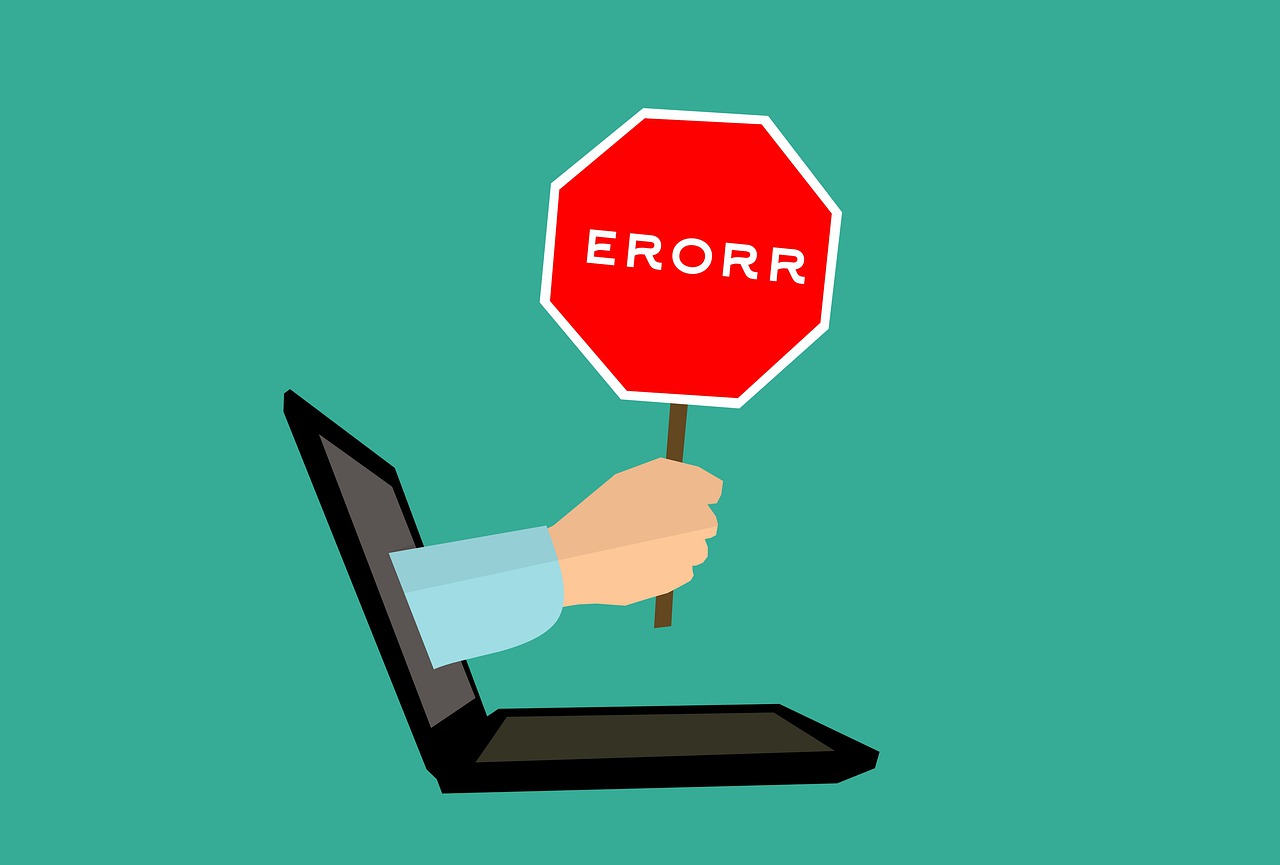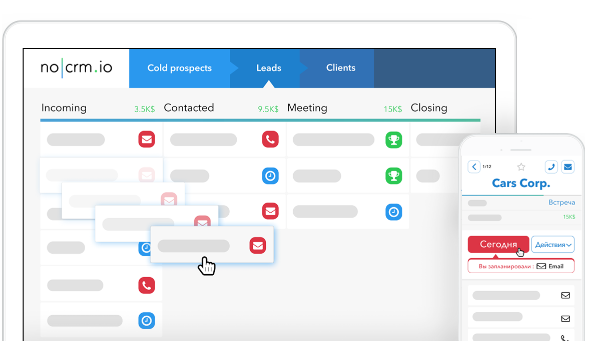Intro: Many businesses choose CRM to manage their leads— it’s the status quo. But they are often left with a system that their reps don’t enjoy using, leaving them with a CRM problem

Picture the scene: your best performing rep— we’ll call her Jill— has just sat down at her desk. She’s found a prospect, one that might convert into a client, and she’s ready to work on moving them through the pipeline.
But Jill isn’t happy. Now she has to spend a lengthy period entering that prospect’s details into the CRM tool. So what does Jill do? She bypasses the system altogether and goes about converting her prospect how she knows best: through being a good salesperson.
Jill is a thousand sales reps. Salespeople dislike using CRM because they feel it complicates their job. The software is seen as the go-to tool for sales, however, and most reps are forced to accept it as part of their job.
What is CRM?
According to Wikipedia, “Customer relationship management (CRM) is an approach to manage a company’s interaction with current and potential customers. It uses data analysis about customers’ history with a company to improve business relationships with customers, specifically focusing on customer retention and ultimately driving sales growth”.
Sounds marvellous, right?
Let’s examine that explanation in more detail. Sure, there is a mention of “managing a company’s interaction with potential customers”, but the reference is largely geared towards retention.
And this is where problems arise for salespeople. The software can help acquire more customers. Yet CRM is a huge multi-purpose platform that covers every facet of, well, relationships with customers.
Still, most managers of sales teams up and down the land can’t understand why their reps are shying away from CRM. Which is why we have put together six reasons your salespeople don’t use CRM software.
CRM Problem 1: Reps are People-Orientated

Salespeople are hired to close deals. And to do that they need to be good with people. In other words, a rep should be personable, persuasive and a good listener. Being successful in the sales industry requires charisma and charm.
Human-to-human interaction is where salespeople excel. Using software is not. That doesn’t mean they don’t understand the need. But any tool for managing leads should be simple and make their day that little bit easier.
It’s self-defeating the minute it becomes a chore. Reps will lose interest, and managers have to deal with half-filled out CRM systems. All that promised data capture suddenly doesn’t look so clear.
Key Takeaway: Let sales people do what they do the best—interacting with people.
CRM Problem 2: It’s Too Time-Consuming

Setting targets and expecting reps to close as many deals as possible is counterproductive if the software they use holds them back. The personality of a salesperson lends itself to proactivity, yet CRM asks them to spend far too long entering details.
And oh boy is there some data to enter. Input the name and contact details to get the ball rolling, right? Wrong! Some CRM asks you to create a company first, then add individual contacts and create a deal before finally adding getting round to entering the task.
A whopping 71 percent of reps say they spend too much time on data entry when using a CRM tool. And when they do enter data, it’s usually incorrect, which leads to a system populated with 1-800 numbers and inaccurate data.
Key Takeaway: Don’t expect salespeople to spend hours in front of a screen filling out information.
CRM Problem 3: Dead Data

A key feature for CRM is its ability to collect data. But if reps aren’t going to undertake the concept of using the system in full, that data becomes misleading. Salespeople using it half-heartedly means the data on show is only as reliable as the effort they are putting in.
In 2013, Experian found that up to 25 percent of data in CRM is irrelevant, which costs businesses around $600 billion a year. A company basing its forecast on poor data is only going to end up with problems that are hard to fix.
The onus might be on the salespeople to use the software as intended. But if they don’t enjoy using CRM, what is the point of forcing it on them? The real questions need to be about the whole process of salespeople and their need for CRM.
Key Takeaway: Don’t let dead data that is of no use to anyone in the company encumber your information system.
CRM Problem 4: The Concept isn’t Fluid

A fluid concept should act as the backbone of any good service, yet most CRM is clunky and needs training to use to maximum capacity. CRM is built on having several features that work across the marketing and sales landscape.
As far as salespeople’s concerns go, they would prefer to strip away many of the features and have an intuitive, easy-to-use system. In 2018, consumer mindset is gearing towards specialized systems, rather a one-size-fits-all approach.
Integration is key, as is learning only what you need to know. If you’re a sales rep, spending two hours per week to learn features that aren’t essential isn’t helpful. Instead, they can utilize the time following up and closing deals.
Key Takeaway: Salespeople know they need software to help with their role, but that software shouldn’t be overcomplicated.
CRM Problem 5: Reporting system

The whole point of a good sales team is collaboration and pulling in the same direction to reach goals. With CRM, many reps feel their managers’ intent is to keep an eye on workflow and to see if calls are being made and meetings arranged. It’s essentially a tracking system for management.
The blame shouldn’t always point towards managers, however. It’s part of the culture that starts at the very top. Most CEOs and directors judge management’s performance using the stats in CRM, so managers do the same with their staff.
Unfortunately, such attitude towards CRM as a reporting tool doesn’t help with collaboration. The real focus should be on moving leads through a pipeline and giving managers clear visibility in case they need to step in and help if needed.
Key Takeaway: Any tools implemented should encourage team collaboration. Data is key but should come after usability for the sales team..
CRM Problem 6: Doesn’t Focus on a Salesperson’s Core Needs

In theory, a CRM should empower salespeople to close more deals. Yet most CRM doesn’t focus on the core needs of a salesperson as far as software is concerned: the next step. If a rep is managing multiple good leads, their primary worry is keeping on top of everything.
Let’s not beat around the bush. A reps’ skillset is what makes them good at their job— not the software. Which means any tools implemented need to compliment a salesperson. No software tool guarantees sales.
And that indeed isn’t the case with CRM, which coerces reps into building statistics and segmenting data. Instead, they would prefer a system that tells them where a lead is in the pipeline and what action should be taken next. It’s as simple as that.
Key Takeaway: Empower sales reps with tools that compliment their skills.
Listening to your Reps
For management up and down the land to solve the problem of their reps not using CRM, they first need to listen. The goal is to find a solution that works for everyone and places the sales process first. The answer may come in many forms, although we have our own ideas.
Finding the tools that your salespeople want to use is the key to a good team ethic and producing stronger results.


